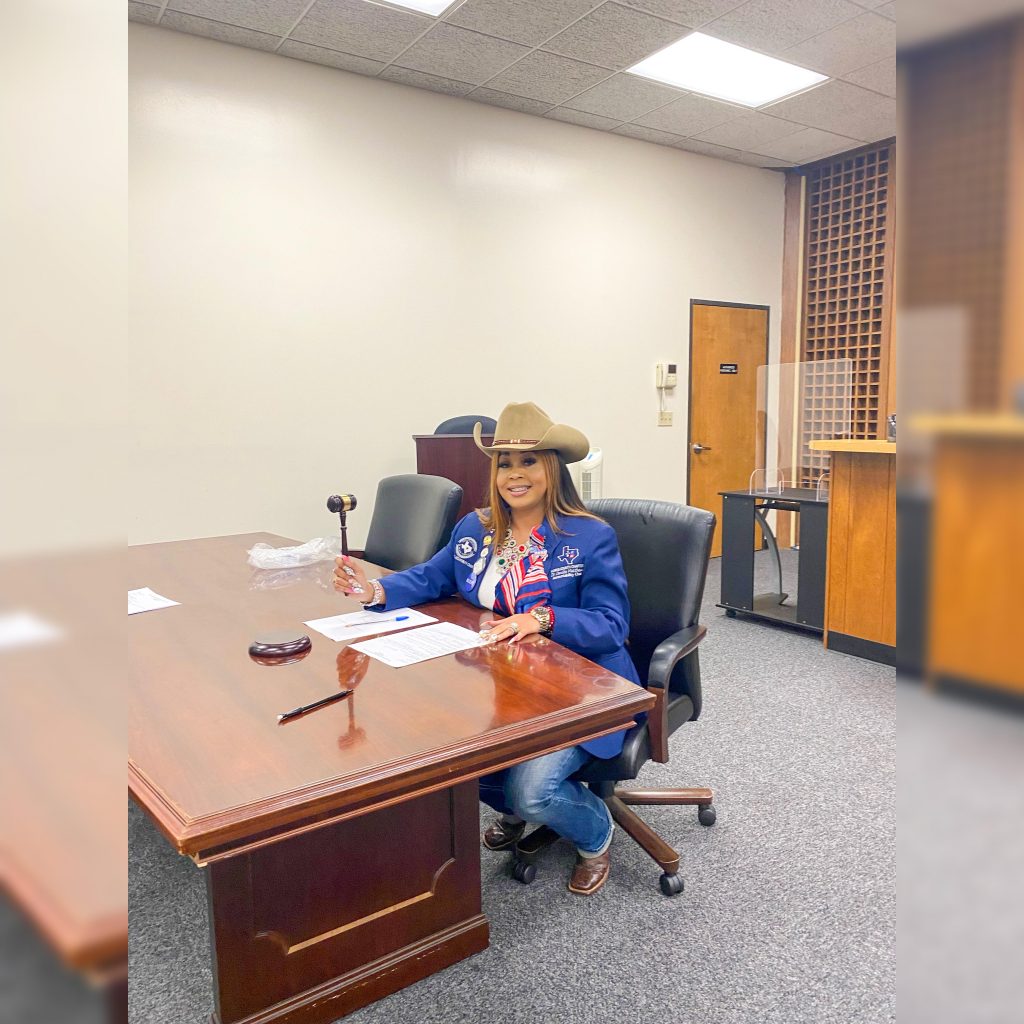Unleashing Potential: Harnessing the Power of Evidence to Drive Informed Decisions


In a world of information, distinguishing between mere conjecture and substantiated facts is crucial. Whether in scientific research, policymaking, or everyday decision-making, the reliance on evidence forms the bedrock of informed choices. This article delves into the significance of evidence and explores how harnessing its power can lead to more effective, informed, and impactful outcomes across various facets of life.
Understanding the Power of Evidence
At its core, evidence comprises verifiable facts, data, or information that supports or contradicts a particular claim or hypothesis. It is a guiding light, helping individuals and organizations navigate the sea of uncertainties. The scientific method, for instance, places a premium on evidence, emphasizing empirical observations and rigorous testing to establish the validity of a theory.
Evidence in Science and Research
Scientific progress is intrinsically tied to the rigorous collection and interpretation of evidence. From groundbreaking medical discoveries to technological innovations, evidence-based research propels humanity forward. Peer-reviewed studies and experiments contribute to the collective body of knowledge, paving the way for advancements that touch every aspect of our lives.
In the medical field, evidence-based medicine has revolutionized patient care. Physicians and healthcare professionals rely on clinical trials, systematic reviews, and patient outcomes to inform treatment decisions. This approach enhances the quality of care and ensures that interventions are grounded in a solid foundation of evidence.
Evidence-Based Policymaking
Governments and policymakers also recognize the importance of evidence in crafting effective policies. Decisions affecting entire populations require a comprehensive understanding of the issues, and proof guides policymakers toward the most impactful solutions.
For instance, environmental policies to mitigate climate change are developed based on a wealth of scientific evidence. Researchers gather data on rising temperatures, melting ice caps, and changing weather patterns, providing irrefutable proof of the urgent need for action. Armed with this evidence, policymakers can implement measures to curb emissions, protect ecosystems, and secure a sustainable future.
Informed Decision-Making in Everyday Life
Beyond science and policymaking, evidence plays a pivotal role in our daily lives. From choosing the best route for a morning commute to deciding on a financial investment, evidence guides our decisions, large and small.
Consider the consumer reviews that influence our purchasing choices. These reviews are a form of evidence, offering insights into the real-world experiences of others. Discerning credible evidence from mere opinions is a valuable skill in the digital age, where information is abundant.
Challenges in Harnessing Evidence
While the importance of evidence is evident, challenges abound in its effective utilization. Misinformation, bias, and selective reporting can cloud the landscape, making it difficult to discern truth from fiction. In scientific research, the replication crisis highlights the need for robust methods to ensure the reliability of findings.
Political considerations may sometimes overshadow the evidence in policymaking, leading to suboptimal decisions. Similarly, individuals may succumb to cognitive biases, relying on anecdotal evidence or personal beliefs rather than objective facts.
The Role of Technology in Evidence-Based Decision-Making
Technology plays a crucial role in collecting, analyzing, and disseminating evidence in the digital age. Big data analytics enable researchers to process vast datasets, uncovering patterns and trends that may have gone unnoticed. Artificial intelligence and machine learning algorithms enhance the efficiency of evidence-based decision-making by automating complex analyses and generating actionable insights.
Moreover, technology facilitates the rapid dissemination of evidence to a global audience. Online platforms provide access to scientific studies, policy reports, and a myriad of information that empowers individuals to make informed decisions. However, this digital deluge also necessitates a discerning approach to evaluating the credibility of sources.
Empowering Individuals Through Evidence Literacy
To fully harness the power of evidence, individuals must cultivate evidence literacy—the ability to evaluate and interpret information critically. Education and awareness programs can play a pivotal role in equipping people with the skills to navigate the information landscape effectively.
Teaching the scientific method in schools, promoting media literacy, and encouraging a culture of inquiry can empower individuals to question, analyze, and synthesize evidence. By fostering a society that values evidence-based thinking, we lay the foundation for a future where the power of proof guides big and small decisions.
In a world where information overload is the norm, the ability to harness the power of evidence is paramount. From scientific breakthroughs to everyday decisions, evidence serves as the compass guiding us through the complexities of life. Embracing evidence-based thinking, fostering a culture of inquiry, and leveraging technology to enhance our decision-making processes will undoubtedly pave the way for a more informed, empowered, and progressive future.
